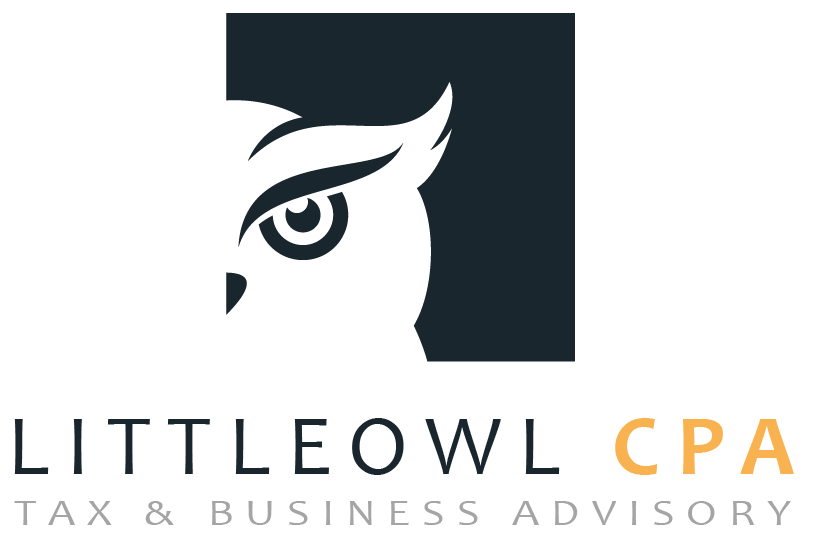President Biden signed the Inflation Reduction Act into law on Tuesday, August 16, 2022. The bill includes Corporate tax reform, increased IRS funding, healthcare provisions and clean energy incentives. This bill is the successor to the Build Back Better Act that failed to pass in late 2021.
Tax Provisions
-
- 15% Corporate Minimum Tax based on “book” income
- 1% Excise Tax on Corporations for stock buybacks
- Extension of temporarily expanded eligibility for premium tax credits
- Extension of Tax Credit for nonbusiness energy property and residential clean property
Corporate Tax Reform
The corporate tax reform provisions of the bill target large corporations. The bill imposes a corporate minimum tax of 15% for taxable years beginning after December 31, 2022. The tax is imposed on “book” income for certain corporations.
Additionally, the bill imposes a new 1% excise tax on the fair market value of stock repurchased by a domestic corporation after 2022, with some exceptions. Stock contributed to retirement accounts, pensions and employee-stock ownership plans (ESOPs) are excluded from the new tax.
IRS Funding
The bill includes almost $80 billion in funding to the Internal Revenue Service and related agencies. The aim of this funding is to bolster taxpayer services and enforcement of the tax code to raise compliance and tax revenue. The additional funding would also be used for operations support, business system modernization and Treasury offices oversight.
Healthcare Provisions
The bill includes improvements to Medicare including required negotiations for certain prescription drugs starting in 2026, mandatory rebates from drug manufacturers and improves the out-of-pocket cap for Medicare beneficiaries.
The bill extends through 2025 certain adjustments and expansions of the premium tax credit, including to allow taxpayers with income above 400% of the federal poverty line to qualify for the credit.
Energy Provisions
The bill uses tax credits to encourage conservation and cleaner sources of energy. The bill modifies and extends through 2024 tax credits for the following:
-
- Producing electricity from renewal resources (wind, biomass, geothermal and solar, landfill gas, trash, qualified hydropower, and marine and hydrokinetic resources)
- Investment in certain energy properties (solar, fuel cells, waster energy recovery, combined heat and power, small wind property and microturbine property)
- Alternative fuels and fuel mixtures, and biodiesel and renewable diesel
The bill creates new tax credits for:
-
- Qualifying zero-emission nuclear power produced and sold after 2023
- Sale or mixture of sustainable aviation fuel beginning in 2023
- Production of clean hydrogen
- Production of clean electricity and for investment in zero-emissions electricity generation facilities or energy storage technology
- Domestic clean fuel production beginning in 2025
- Domestic production and sale of qualifying solar and wind components
The bill modifies and extends through 2032:
-
- The tax credit for nonbusiness energy property and increases its rate to 30%, with certain limitations
- The new energy efficient home credit
- The tax credit for alternate fuel refueling property expenditures
Carried Interest
Several changes were applied to the bill to secure the required votes to pass. The so-called carried interest “loophole” provisions were removed from the final bill. Private equity, real estate and hedge fund managers must follow the carried interest rules as updated in the 2017 Tax Cuts and Jobs Act.
While the bill has been passed by Congress and signed into law by President Biden, there still remains many questions about how the provisions of the bill will be fully implemented. The IRS will issue guidance on the tax provisions in the coming months.
If you have questions about how this topic will impact you, Team LittleOwl CPA is here to help. Schedule a discovery call today!

About Tabitha Regan
Tabitha Regan is the Founder and CEO of LittleOwl CPA. Tabitha is a Certified Public Accountant, Certified Financial Planner™ and Personal Financial Specialist. In her 16+ year career span, she has developed an expertise in the specific needs of small businesses and busy professionals with accounting, tax and advisory services.


